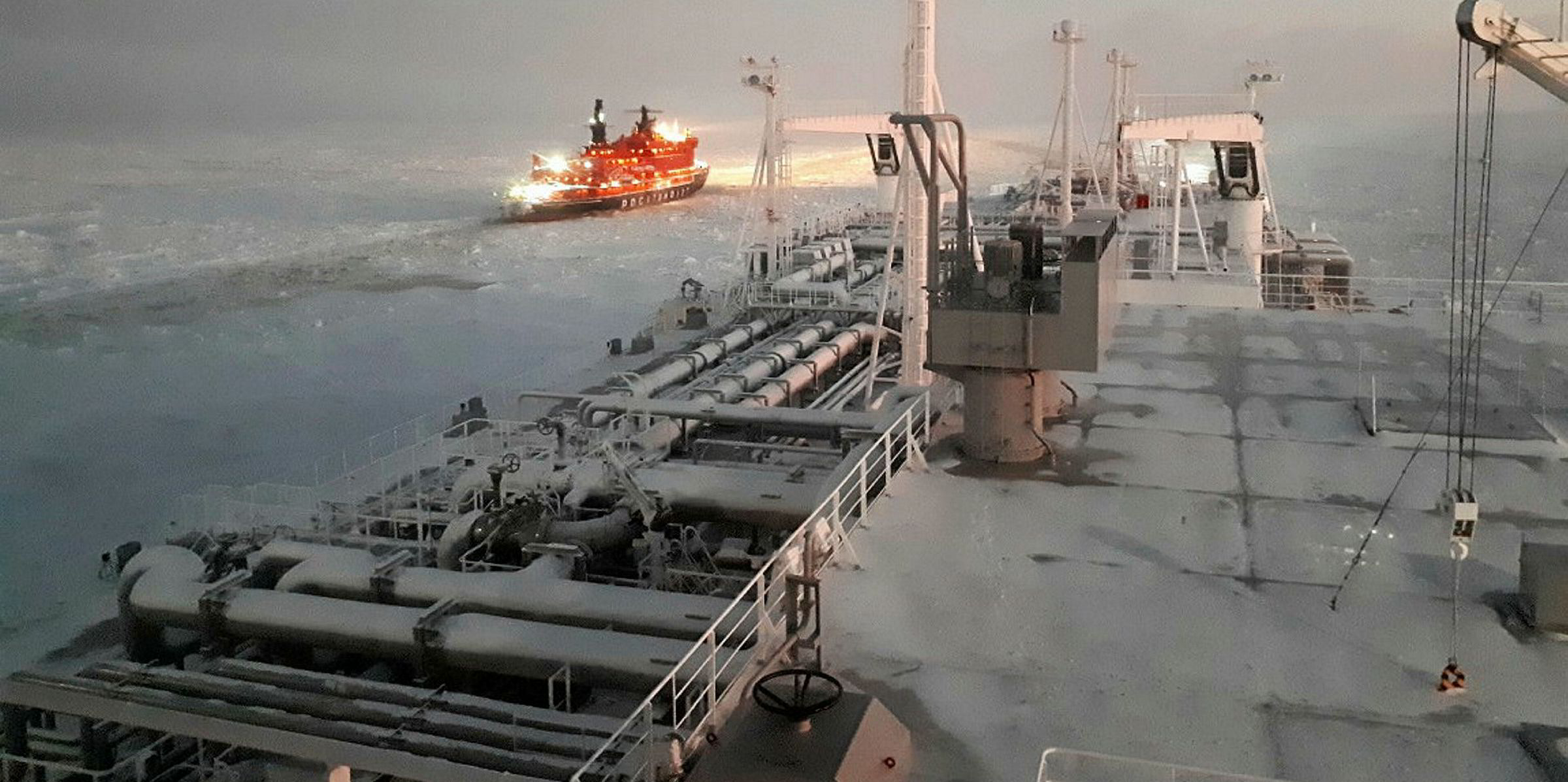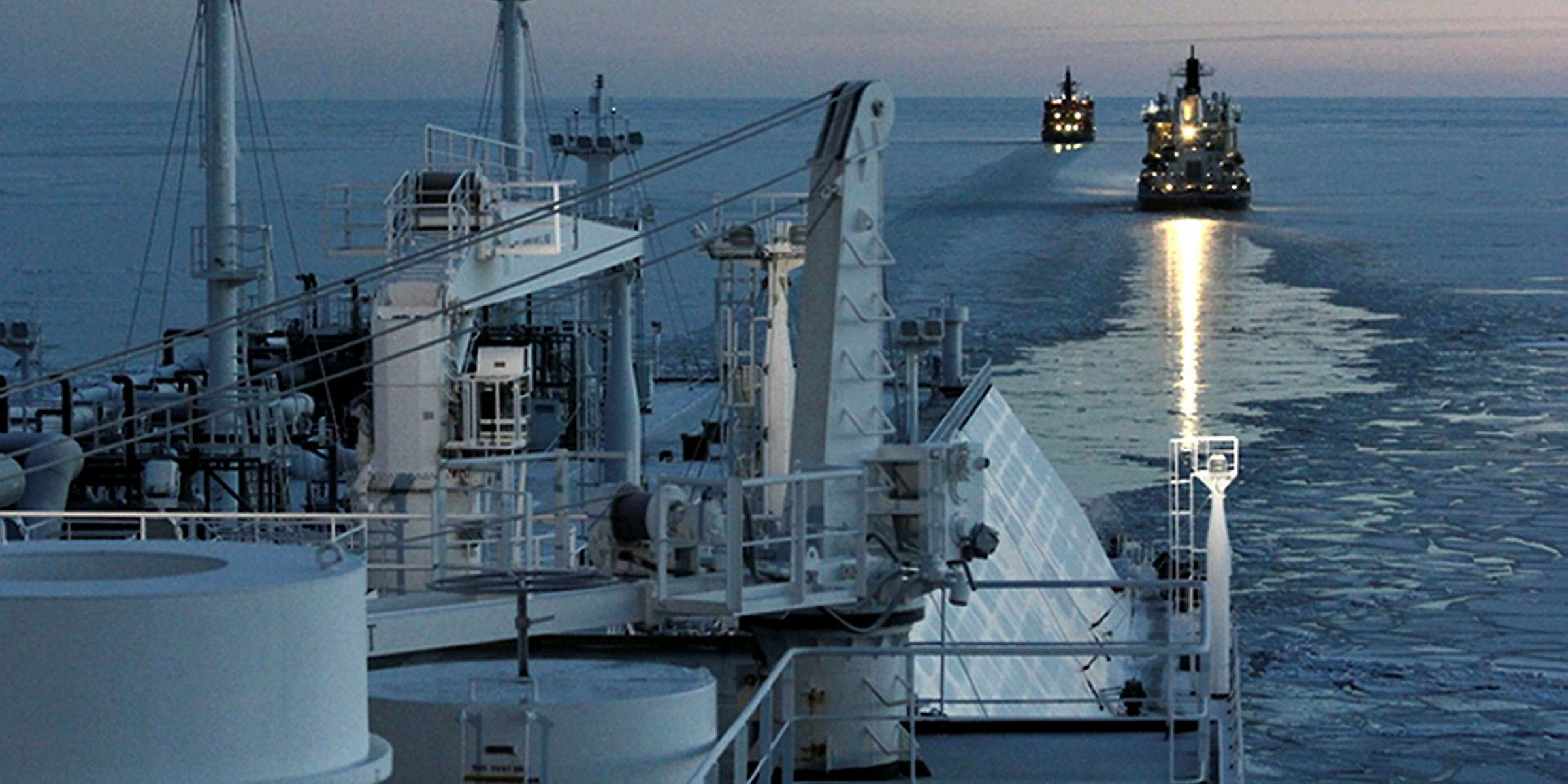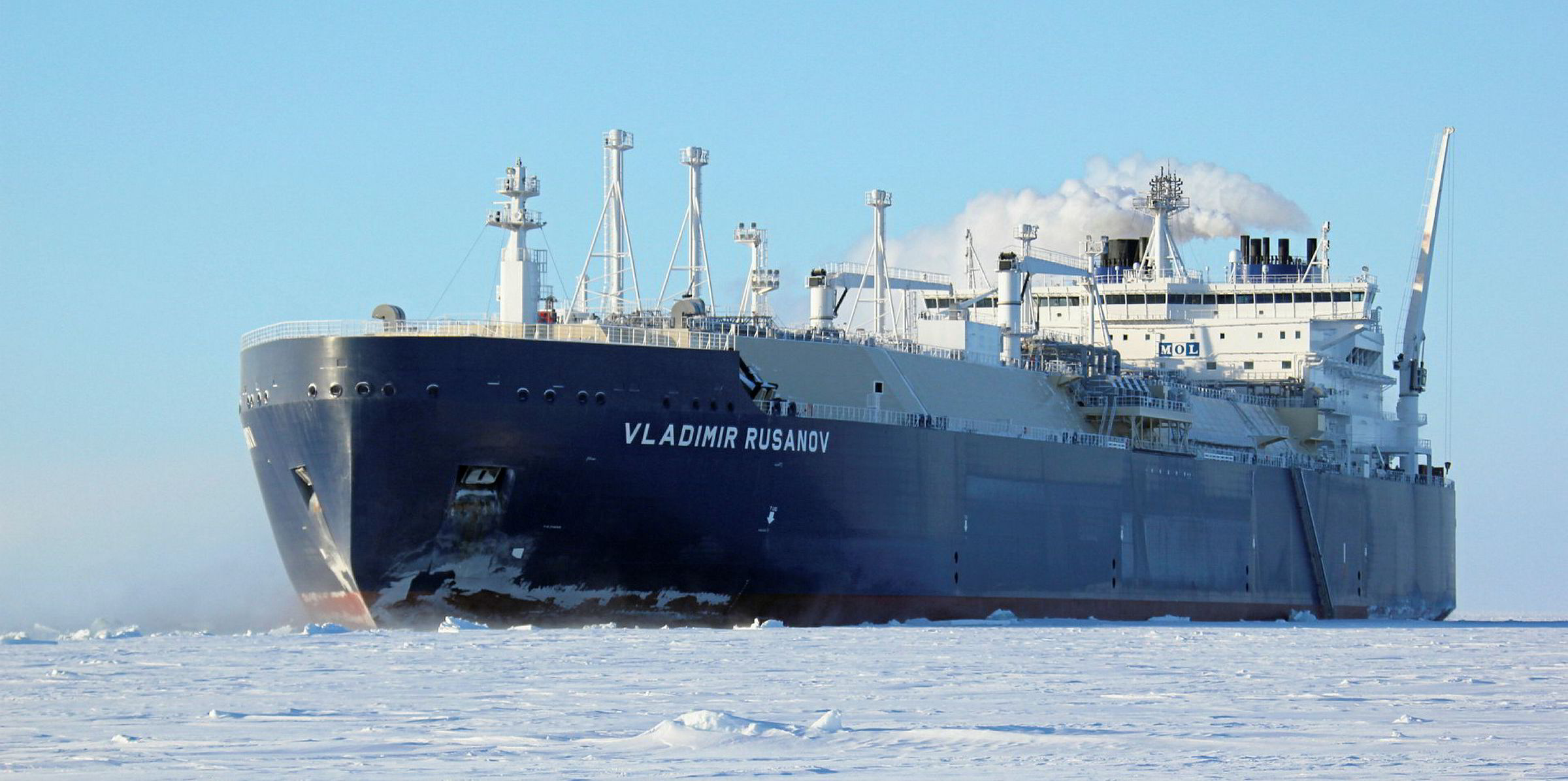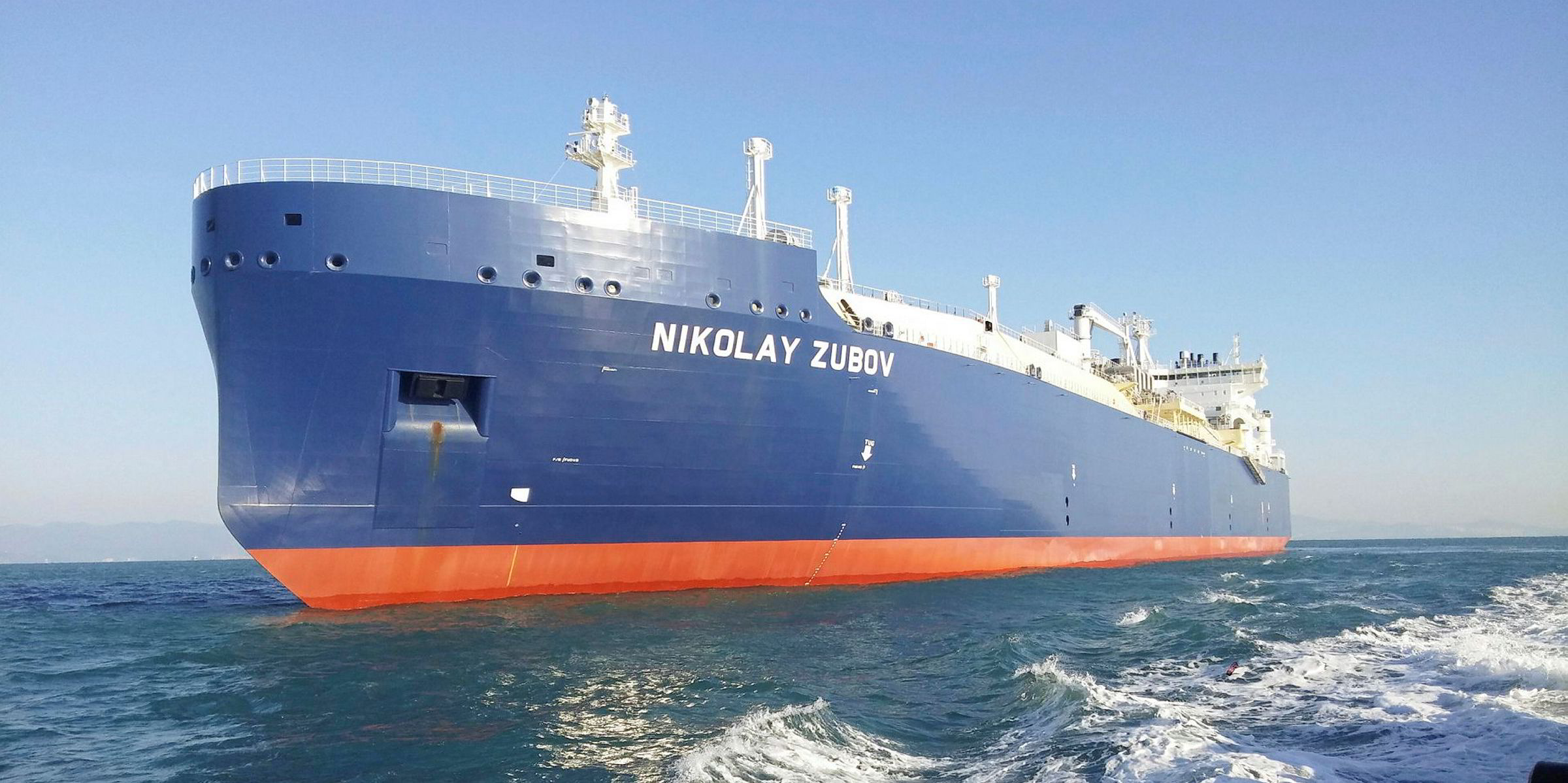This week's Arctic Council meeting in Finland could have been an occasion for the US, Russia and China to build warmer relations or worsen a new Cold War.
There were plenty of encouraging words from everyone on the marine environment, with the launch of the Arctic Ship Traffic Database and progress on promoting sustainable shipping through the Arctic Marine Shipping Assessment.
The 11th ministerial meeting in Rovaniemi also adopted a new report by the Task Force on Arctic Marine Cooperation II and supported a new paper on ocean acidification.
It was slow but steady progress as Timo Soini, the Finnish foreign minister chairing the meeting, outlined.
Fundamental challenge
But fractures in super-power relations were also on show. Soini was forced to say (only) a “majority of us regarded climate change as a fundamental challenge facing the Arctic”.
It is not hard to know which country does not want to play ball on climate action. The US also talked about the Arctic being “an arena of global power and competition”.
US Secretary of State Mike Pompeo said ahead of the meeting that Washington would keep in check the “aggressive attitude” of China and Russia in the region.
Global warming is thinning the sea ice in the Arctic and also thawing out bilateral relations between Russia and China.
The purchase of a 20% stake in the Arctic LNG 2 project by state-owned entities in Beijing underlines this move.
So too does the increasing number of Chinese vessels transiting the Russian waters of the far north.
Russia and China, which share a massive land border, historically have maintained a prickly relationship. But Vladimir Putin is a pragmatic kind of nationalist.

Crimean adventures
In an era when his country is under sanctions from the US and European Union over his Crimean adventures, cash is in short supply.
Meanwhile, China needs more LNG so it can change power stations over from coal to gas to counter urban air and carbon pollution.
So Beijing is happy to be a partner for Novatek, the private Russian company and majority shareholder in Arctic LNG 2 in northern Siberia.
Novatek will now be working alongside Far East shareholders China National Offshore Oil Corp and an arm of China National Petroleum Corp plus French oil group Total.
Arctic LNG
The $20bn-plus Arctic LNG 2 project should receive the formal go-ahead next year and it follows on from the success of the Yamal LNG scheme. That Novatek project also has seen equity investment from China.
In addition, more than $10bn-worth of funding for Yamal came from state-owned Chinese banks.
Interest in the far north has intensified since global warming has caused the sea ice to melt more extensively in the summer months.
The Siberian LNG projects hope to take advantage of the warming to open up what Russia calls the Northern Sea Route (NSR) between East and West over the top of the world.
An increasing amount of shipping companies have been experimenting with transiting the NSR — not least ones from China.

The pristine waters of the Arctic need sensitive treatment and cooperative governance for shipping to progress
Some 18 million tonnes of cargo from different nations used the route last summer — up 70% on the previous year. Traffic is expected to increase to 30 million tonnes this year.
Ice-class vessels
Ships need to have ice-class notation or rely on Russian icebreakers to help them transit the NSR. The most powerful ones are nuclear powered and China has recently announced details of plans for its first atomic-power icebreaker.
Beijing has recently released details of its foreign policies around the far north, revealing that it saw a new Polar Silk Road developing as part of leader Xi Jinping’s much vaunted Belt and Road Initiative.
The build-up of interest in the Arctic by both Russia and China — and the growing friendship between the two nations — has caused deep concern in Washington.
There have long been fears that Russia was interested in asserting its military and commercial authority in the far north.
Military submarines
Rebecca Pincus, an assistant professor at the US Naval War College, told a hearing in the US capital that China could be expected to start operating (military) submarines in the region before long.
Norwegian military chiefs have also sounded alarm bells about China’s developing interest in the Arctic.
Cosco has happily completed a total of 22 voyages through the NSR, saying it can save two weeks of sailing to Europe compared with going through the Suez Canal.
But the pristine waters of the Arctic need sensitive treatment and cooperative governance for shipping to progress. The Finnish summit showed dangerous fractures as well as friendships.






